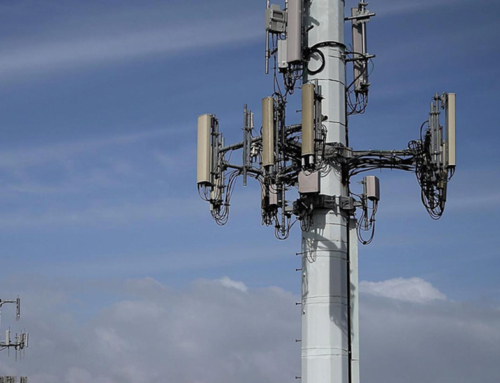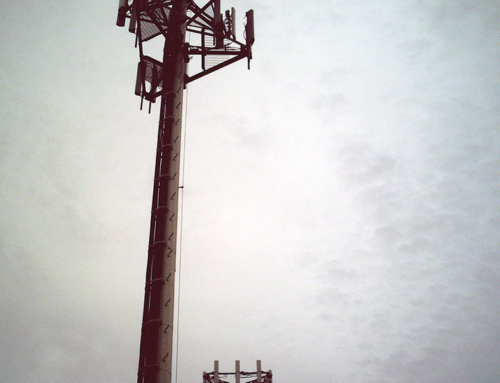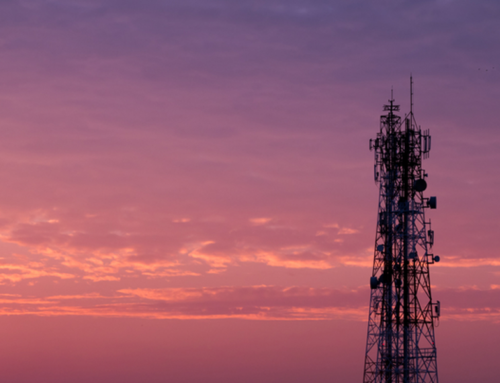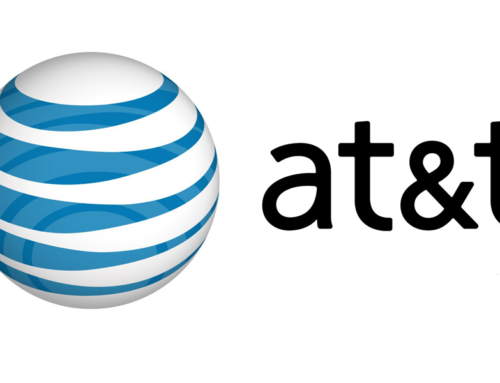Approximately 250,000 U.S. cell tower leaseholders collect rent, typically monthly. For very good reason, they want to know the answer to this important question that affects both their properties and their pocketbooks: What is the future of cell towers?
Escalating demand for 24/7 location-independent, data-heavy mobile connectivity is pushing the need for more capacity, faster speeds, and greater network coverage. How does that happen? Through “network densification”—adding more cellular sites to increase the amount of available capacity.
It’s no secret that the much-anticipated 5G mobile standard, which promises high system capacity, ultra-fast speeds, and superior per-user data rates, will not be delivered by the installation of new traditional cell towers. 5G will be achieved primarily through the deployment of small cells and related infrastructure.
Other advancements are also on the horizon. Parallel Wireless Founder Steve Papa has said that he envisions smartphones becoming part of the transmission network, effectively replacing cell towers.
“We’re just on the cusp of chips coming out where a $300 chip can power an entire cell tower. When you get that far, it’s not that much further to a scenario where when you’re finished with your cell phone, you can hang it on the wall and it adds to the cellular network,” Papa remarked to CNBC.
Device-to-device technology currently being tested by Qualcomm will allow smartphones to bypass cell towers to communicate with other devices within a 500-meter range. CNBC reports that this LTE Direct offering is anticipated to be on the market within a year.
Small cells are critical to 5G and, therefore, the future of next generation cellular technology. Device-to-device technology is imminent. Even so, it’s highly unlikely that cell towers will become completely obsolete—at least in our lifetime—and that’s a relief to cell tower leaseholders.
Despite it being implausible that cell tower leaseholders will experience the instant mass migration of their tenants due to new technology being introduced, it’s important to know that risk is still present. Carriers’ next moves are unpredictable and the details of each leaseholder’s situation differ, which means it is impossible to say for sure what will happen in the case of your specific cell tower lease.
Even with cell towers remaining a relevant technology in network densification strategy, negative outcomes are possible:
- Your cell site may be decommissioned.
Changing technology is a major culprit in cell site decommissioning, and the advancements that come along with 5G could very well result in the elimination of some cell sites. However, the threat of decommissioning exists regardless of whether cell towers become passé.Wireless carrier mergers often result in redundancies or non-compatible technologies. When this happens, a carrier can terminate a lease with as little as 30 days’ notice, leaving the landlord without that reliable source of income he or she has come to expect and enjoy. - Your rent may decrease and your terms may change.
Wireless carriers are constantly looking for ways to get away from the traditional cell tower space rental business model and cut operating expenses. In fact, they’re diligently working to address the issue of spending related to tower space (read about AT&T’s plans) by exploring alternative locations with cheaper rental rates (read about Sprint’s plans) and negotiating contracts in their favor.
How can cell tower leaseholders protect themselves? What are their options?
With so many unknowns surrounding the wireless industry and particularly the future of cell towers, protect yourself by being proactive, getting educated, and seeking advice from an expert.
To mitigate risk and collect the most money possible, it may be in your best interest to sell your lease to a third-party buyout company. More importantly, a cell tower lease buyout can be a smart decision even for landlords with sites that are not at high risk of being decommissioned. An expert can help you determine the right choice for you. And if you do decide to sell, you’re also more likely to get the maximum amount of capital and the most favorable terms by enlisting the help of a cell tower lease advisory professional.
If you’re facing a lease contract renegotiation, the same principle applies. See that your income, your property, and your rights are safeguarded with support from someone who knows exactly what they’re doing and will hold your hand every step of the way.
With many years of experience and unparalleled expertise, The Filo Group is equipped to assess your particular situation and get you optimal results—all while making the process a breeze. Partner with the most capable and personable cell tower lease advisor in the business. Contact The Filo Group today for a free consultation.








